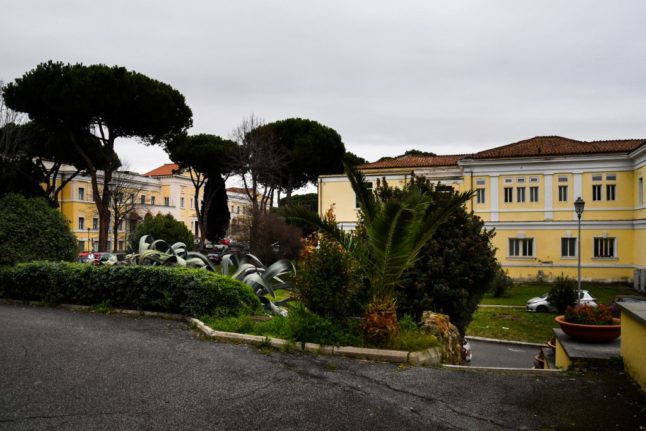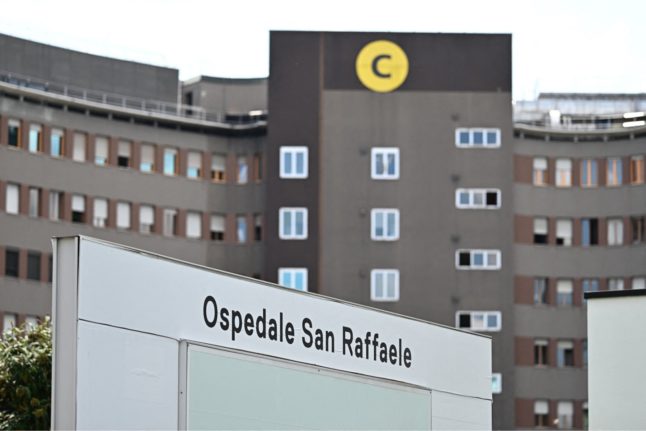The total number of Italian monkeypox cases rose to ten on Thursday with the discovery of the first case in the Emilia-Romagna region.
There have now been five cases detected the Lazio region, which are being treated in Rome, plus three in Lombardy, and one each in Tuscany and Emilia-Romagna.
READ ALSO: How is Italy dealing with rising monkeypox cases?
“There is no alarm, but the infection surveillance system is at a state of maximum attention,” Lazio’s regional health councillor Alessio D’Amato told the Ansa news agency after the seventh case was reported on Wednesday.
Researchers at Rome’s Spallanzani hospital for infectious diseases said the new cases are thought to be “part of a pan-European cluster” linked to cases in the Canary Islands, Ansa reported.
The first Italian case of monkey smallpox, or monkeypox, was also found in a man who had recently returned from the Canary Islands, doctors said last Thursday.
On Thursday morning the Italian health ministry published guidance on dealing with outbreaks of monkeypox as case numbers continued to rise across Europe.
More than 250 monkeypox cases have now been reported in at least 16 countries where the virus isn’t endemic, according to the World Health Organization.
They are mostly in Spain, the UK and Portugal, with single-digit cases in Austria, Belgium, France, Germany, Denmark, the Netherlands, Sweden, and Switzerland, as well as Italy.
READ ALSO: What is Spain doing to deal with rising monkeypox cases?
The illness has infected thousands of people in parts of Central and Western Africa in recent years, but is rare in Europe and North Africa.
Monkeypox is known to spread via close contact with an animal or human with the virus. It can be transmitted via bodily fluids, lesions, respiratory droplets or through contaminated materials, such as bedding.
Its symptoms are similar but somewhat milder than those of smallpox: fever, headache, muscle aches, back pain, chills, exhaustion, although it also causes the lymph nodes to swell up.
Within one to three days, the patient develops a rash, often beginning on the face then spreading to other parts of the body.
Although most monkeypox cases aren’t serious, studies have shown that one in ten people who contract the disease in Africa die from it.
The unprecedented outbreak of the monkeypox virus has put the international community on alert.
On Monday, the European Union urged member states to take steps to ensure positive cases, close contacts, and even pets be quarantined as this is a zoonotic virus (a virus that spreads from animals to humans).



 Please whitelist us to continue reading.
Please whitelist us to continue reading.
Member comments